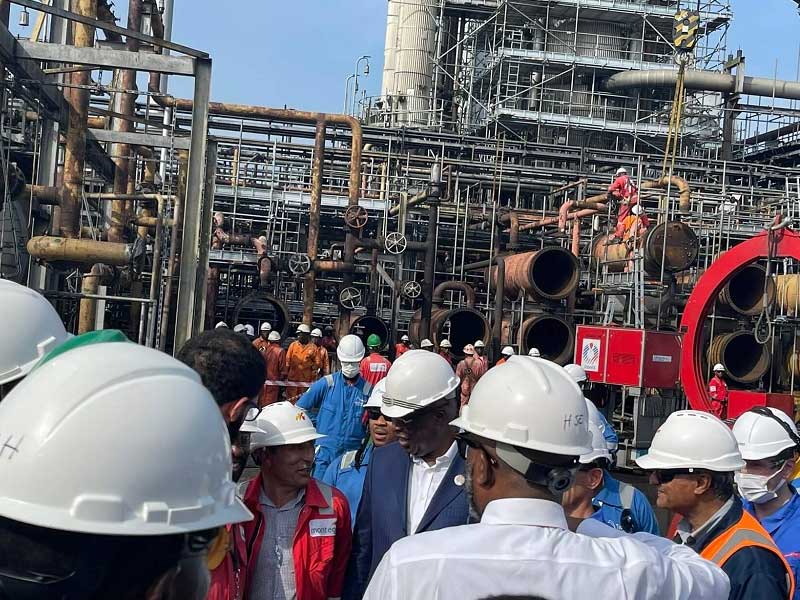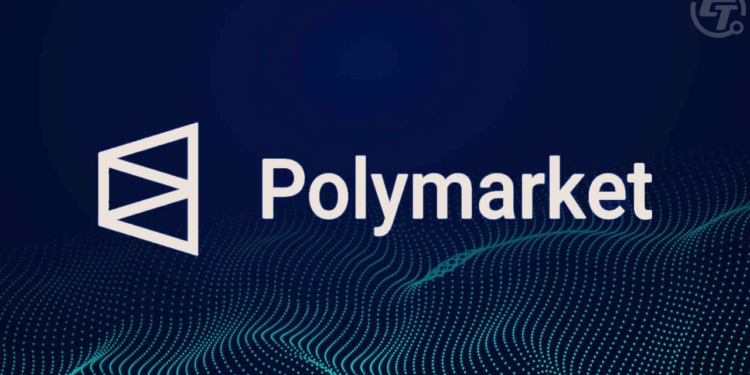
Healthcare professionals are increasingly looking to artificial intelligence to enhance diabetes management, a recent survey by Medvarsity — a healthcare EdTech company — has found. The survey of over 3,000 diabetologists and endocrinologists across India showed that early detection and diagnosis of diabetes complications (88%) and personalised treatment plans (85%) were the most anticipated AI applications. Additionally, 80% of doctors see automated blood sugar monitoring as key, pointing to the importance of continuous monitoring in diabetes care.
Even as the medical fraternity and organisations mark World Diabetes Day on Nov. 14, diabetes continues to be a major health challenge in India. India ranks second among countries with the highest number of diabetics—over 74 million—as of 2021, according to Statista.

The survey highlights the priorities, barriers, and future perspectives of healthcare providers and how technologies like AI can be leveraged to advance outcomes in diabetes care. Insights from the survey aim to help shape training and upskilling of doctors in emerging AI tools, so they are ready to provide improved care in an increasingly digital world. Healthcare professionals are inclined to improving their skills, with 90% saying ongoing training is vital.
Clinical case discussions and peer reviews were chosen by 75% of participants as their preferred method for professional development. There is a strong appetite for AI training, with 78% of doctors wanting to learn how to use automated insulin dose calculators, along with high interest in continuous glucose monitoring analysis systems and diabetic retinopathy screening tools. Prevention and management of diabetes complications is the top priority for doctors looking to enhance their expertise, with 82% wanting to learn more in this area.
This is followed by advanced insulin management, with 78% of doctors keen to improve their skills in the field. However, time constraints emerged as the most common barrier, affecting 65% of respondents, followed by cost of programmes (60%) and difficulty balancing personal and professional life (58%). "The convergence of AI technology and clinical expertise represents more than just a technological upgrade, it's a complete paradigm shift in the approach to patient care.
Our survey reveals that healthcare professionals aren't just passive observers in this revolution, they're actively seeking to master these new tools," Gerald Jaideep, chief executive officer of Medvarsity, said..














